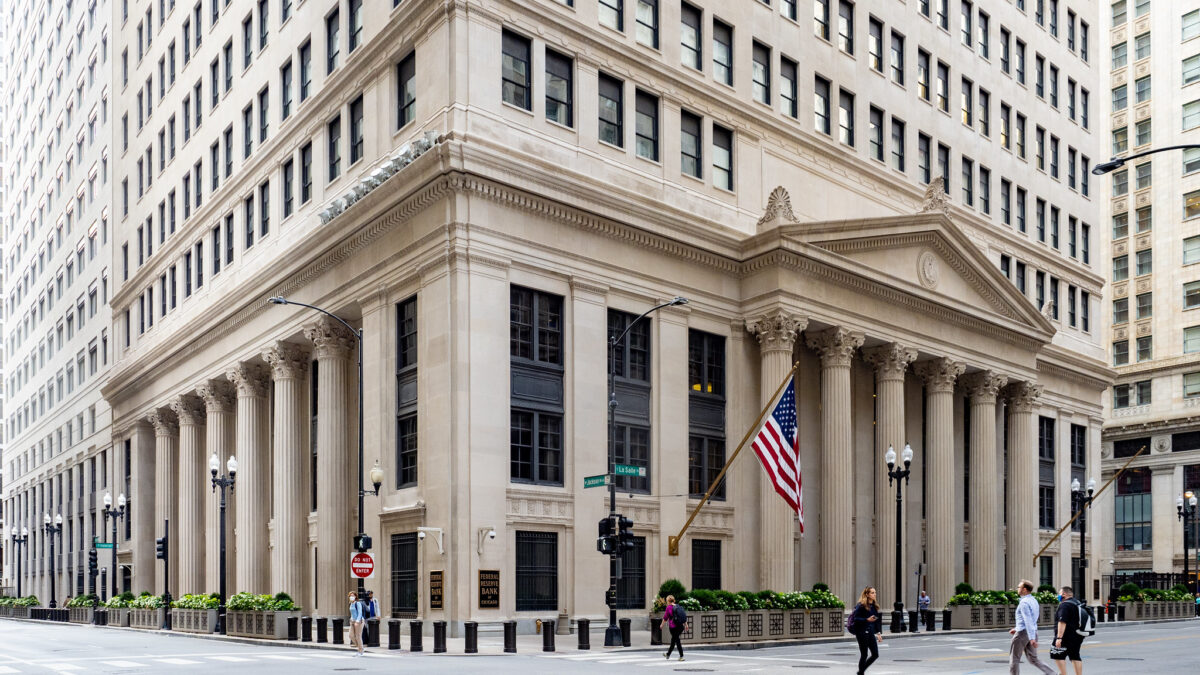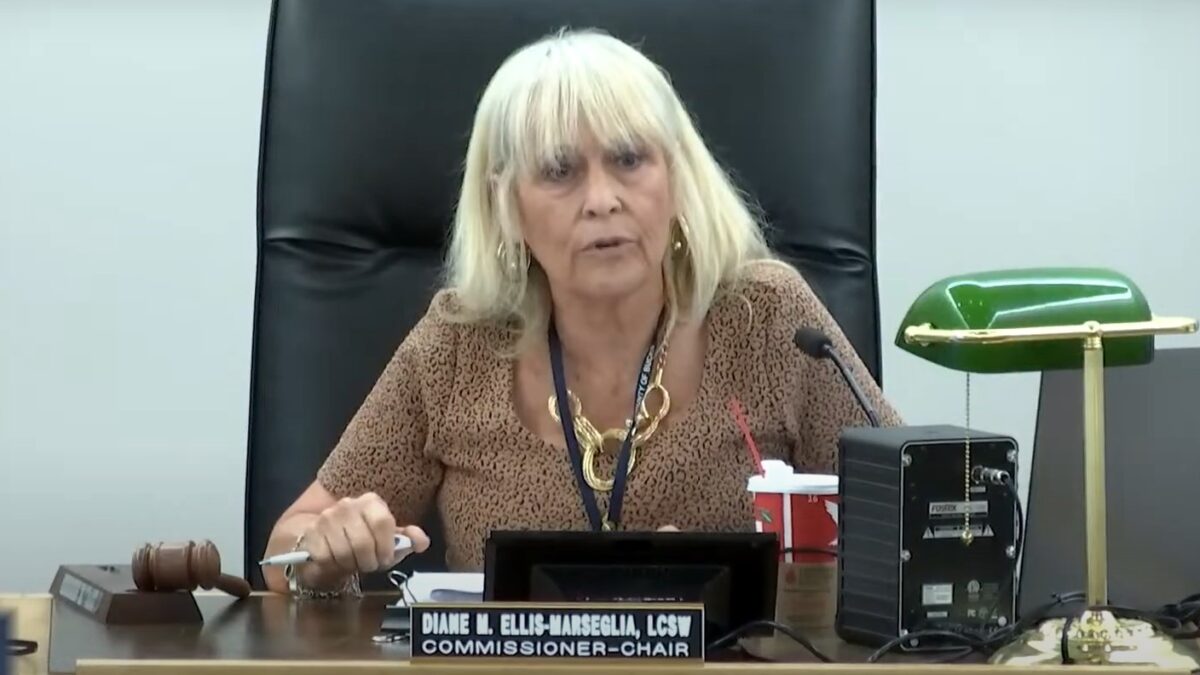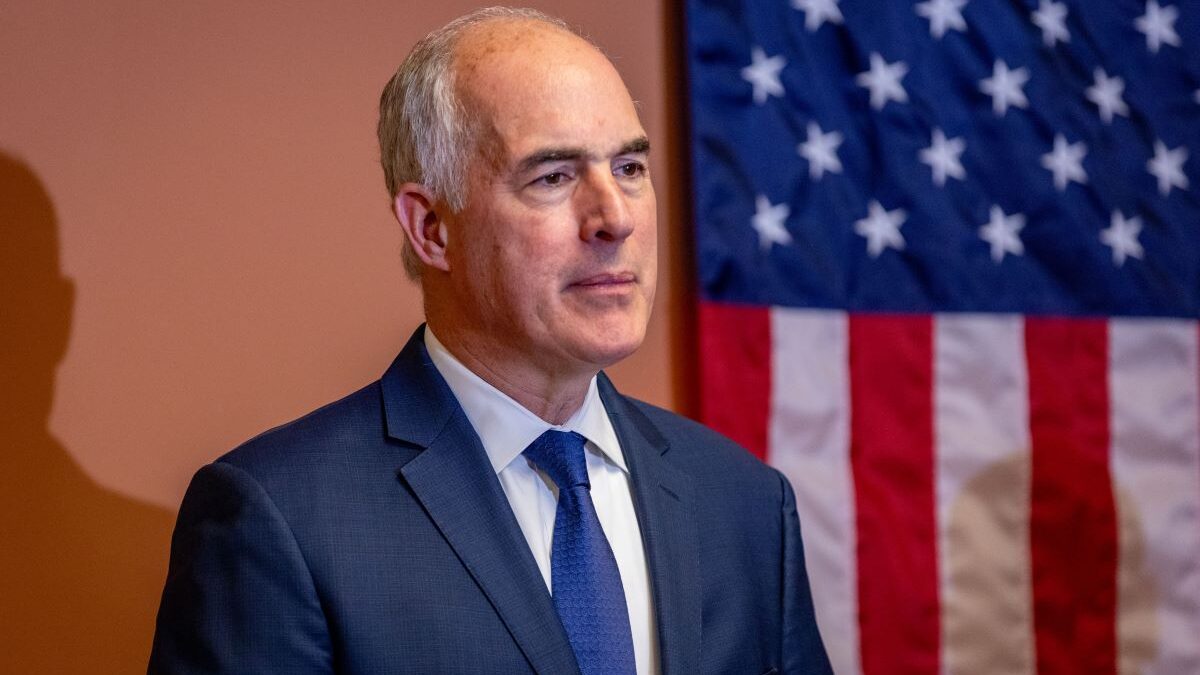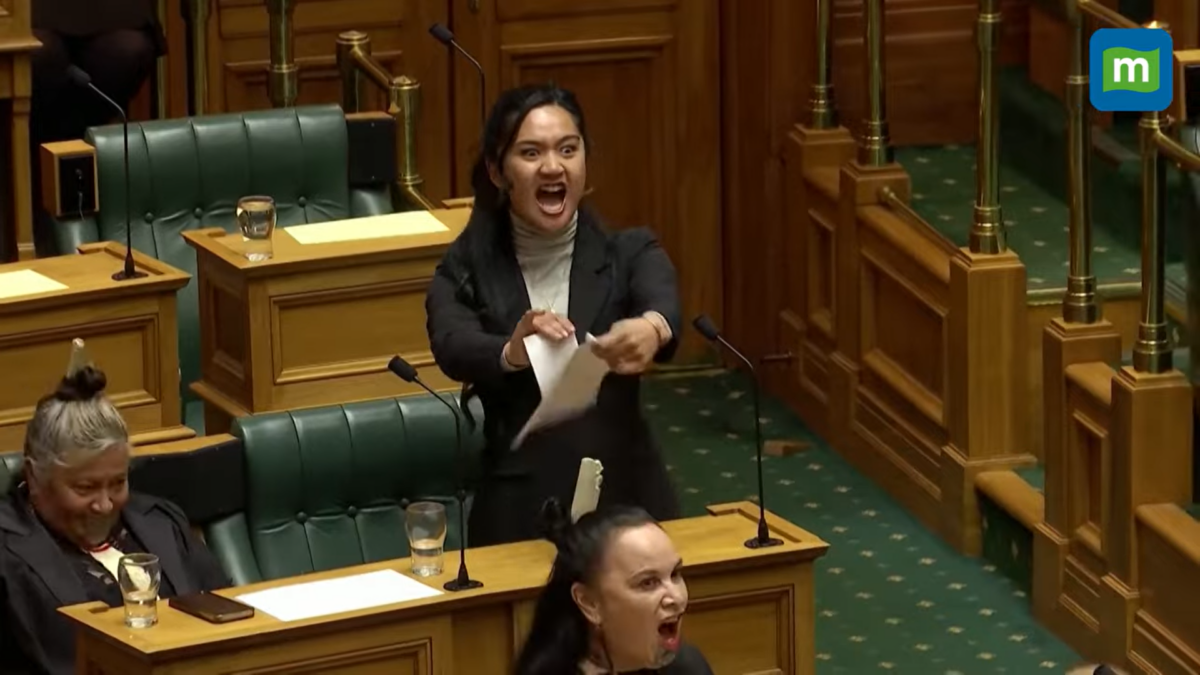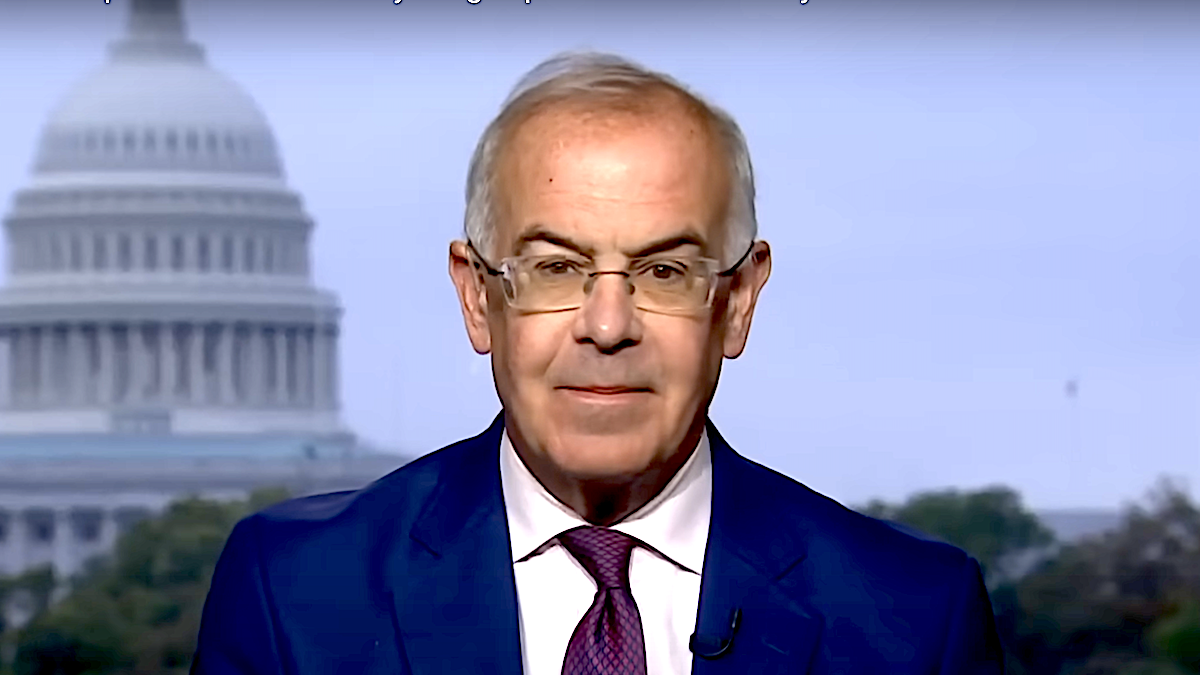Imagine a financial behemoth at the center of the biggest economy on the planet. It secretly pulls the strings of America’s fiscal destiny, and the consequences of its actions ripple through the lives of countless individuals, yet its inner workings are almost entirely unknown and not subject to any form of checks or balances. This is not the plot of a dystopian novel but the current reality of America’s Federal Reserve system.
Now is the time to bring this financial giant into the light. Auditing the Federal Reserve is a fiscal necessity and a congressional imperative. That is why I have reintroduced the Federal Reserve Transparency Act as my first legislation of 2024.
In 2011, one of my first actions as a U.S. senator was to reveal the operations of this secret, unaccountable institution by introducing the Federal Reserve Transparency Act. This act, widely known as “Audit the Fed,” echoes a long-championed initiative spearheaded in the House of Representatives by my father, Congressman Ron Paul, R-Texas, and represents a crucial step toward accountability and fiscal sanity.
Year after year, I continue to fight for complete and persistent audits of the Federal Reserve. In 2023, I forced a vote on my Federal Reserve Transparency Act as an amendment to the Senate’s bloated spending bill. This initiative garnered the support of more than 40 senators across party lines. With several of my fellow senators as cosponsors, I recently reintroduced Audit the Fed once more as a standalone piece of legislation.
Though I have received criticism from both sides of the aisle arguing that Audit the Fed would compromise the Federal Reserve’s autonomy, transparency and oversight of every government institution is imperative and ought to be a bipartisan objective.
My efforts to oversee and shed light on our financial institutions have widespread grassroots support, including students, mothers, fathers, and American citizens who worry about our nation’s prosperity and how they will care for their families. The Fed’s relentless lending and bailout strategies cast doubts on our economic outlook and contribute to the shaky economic fundamentals this nation has had since the pandemic.
A startling statistic from the study “Facing Up to Food Insecurity” by Attest, a market research company, shows that a worrying 59.5 percent of Americans struggle just to buy food. An analysis of recent government figures from the Joint Economic Committee shows that the typical American family now needs an additional $11,434 per year to sustain the lifestyle they had in January 2021, right before inflation surged to the highest levels seen in 40 years. The inflationary consequences of the Fed’s actions are transforming basic needs into unattainable luxuries.
Supporting the Federal Reserve Transparency Act offers Congress an opportunity to rally around the Audit-the-Fed movement and show Americans that their hardships during our current economic crisis have not gone unnoticed.
While Congress was the body that established the Fed and assigned a portion of its monetary policy powers, “independence” has become synonymous with “secrecy.” Enacting Audit the Fed would finally deliver answers to the American people about how Washington is spending their money.
When the Dodd-Frank Act mandated a one-off audit of the Fed’s proceedings, the Government Accountability Office’s (GAO) partial audit revealed that during the 2007 financial crisis, the Fed had lent more than $16 trillion to foreign and domestic banks. This audit excluded certain key considerations of the Fed’s decision-making process such as transactions with foreign banks or countries; deliberations, decisions, or actions on policy matters; transactions under the Federal Open Market Committee; and discussions and communications among Federal Reserve officers.
Fast forward to the 2020 pandemic, and the Fed added to our fiscal nightmare by printing billions of dollars out of thin air, providing big money to industry favorites, and adding nearly $5 trillion to its balance sheet, the largest in our history. Even the Fed itself admitted that “stimulus” throughout the pandemic was a key cause of the rampant inflation experienced by the American economy.
The Federal Reserve Transparency Act is designed to eliminate the obstacles that currently prevent the GAO from examining the Federal Reserve. The legislation advocates for Congress to have oversight over all the Federal Reserve’s activities, including its discussions, deliberations, and rationale behind monetary policy decisions.
With my reintroduction of Audit the Fed, Congress will have another opportunity to ensure the Federal Reserve’s operations are accountable and transparent.
The Fed’s persistent cycle of money printing and lending without any form of meaningful oversight may be the cause of many of our economic hardships, such as the struggle of many Americans to afford food.
The American people have a right to see behind the veil of secrecy at the Fed. I will continue to do what I can to lift that veil. I urge my fellow senators to join me.
